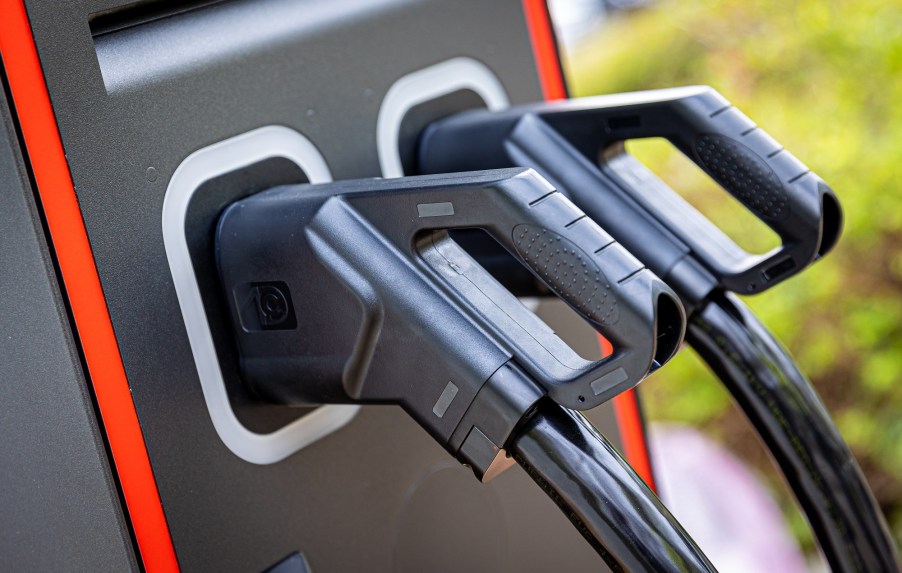
EV vs. Gas-Powered Car: What to Consider Before Buying
The future is electric; EVs will be the norm once electric infrastructure and EV affordability become universal. However, gas-powered vehicles remain relevant due to cost, insurance, ownership costs, and convenience. Consequently, there are a few things to consider when choosing between an EV and a gas-powered car.
Which car is more expensive, electric vehicles or gas-powered vehicles?

Morningstar compared two similar vehicles with different drivetrains: a Mazda3 and a Chevrolet Bolt. The Mazda3 is a similarly sized family car with a four-cylinder gas-powered engine, whereas the Bolt is a fully electric vehicle. The Mazda3 starts in the low to mid-20s (but can cost nearly $35,000). However, the Chevrolet Bolt as optioned reportedly costs around $38,000. So the EV is more expensive, and that’s it, right? Not entirely; while some EVs may cost more than similar gas-powered cars, the purchase price isn’t the only thing to consider.
How much money do you save on gas with an electric car?

Although consumers cringe when they look at the sticker price of that EV, they might see savings if they buy one anyway. Consumer Reports says that fuel savings can amount to as much as $4,700 in the first seven years of ownership. Furthermore, they found that the average savings for owners are around $6,000-$10,000 over the lifetime of an EV.
Is insurance more expensive for electric vehicles?
Electric vehicles typically cost more to insure than similarly sized and equipped gas-powered cars. The cost of repair, susceptibility to damage, and initial purchase cost all affect the price of EV insurance. Furthermore, EV owners can expect to pay as much as $1,320 for a premium which would cost you $1,000 with a gas-powered car.
In addition to the expensive purchase price of EVs, they sometimes cost more to repair. As a result, insurance providers will often charge more to cover EVs to cover the higher cost of repairs.
Are electric or gas cars cheaper to maintain?

Although purchasing and insuring EVs is pricey, maintenance can often be cheaper than gas-powered car upkeep. Electric vehicles have fewer running parts and fewer pieces requiring constant lubrication. As a result, EVs typically require more infrequent and inexpensive maintenance efforts.
Furthermore, EVs across the board are cheaper year-over-year than last year. Specifically, new electric vehicles decreased in price by an average of 10%. It’s not just new models, either; used EVs dropped an average of 20% from Q3 2022 to 2023.
What are the tax incentives for buying an EV?
According to the U.S. Department of Energy, consumers who opted for an EV after 2010 qualify for up to $7,500. However, the actual amount that the government will pay owners is based on factors like income and the size of the battery pack in the vehicle. Additionally, many states offer tax incentives to offset the cost of purchasing and insuring an electric car.
Should you buy an EV or a gas-powered car?
Buying a car is an involved process, regardless of whether it is ICE or electric. Although gas-powered vehicles are more convenient right now, electric infrastructure is becoming more plentiful. Additionally, EVs carry tax incentives, environmental benefits, long-term fuel savings, and potential maintenance savings. Don’t discount buying an electric vehicle for your next commuter, especially in a city.
Keep up with MotorBiscuit for the latest electric car content!



